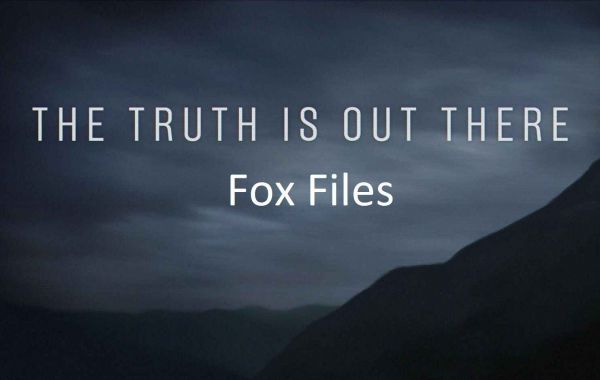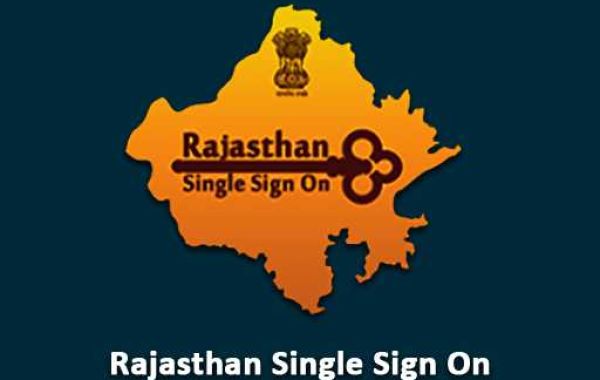To some that will be obvious, to others apparently less so—or perhaps, only when it works for an outcome they want. Truth is, election integrity always matters, since the legitimacy of those elected, their right to govern and to exercise coercive power, and our trust in government rest on faith in the vote—one per citizen, independently cast, no more, no less—and how the votes are tallied.
Without election integrity, we have nothing. We would not live in a representative republic, with a Bill of Rights, due process, equal protection, and constitutional elections, but in an unaccountable, crooked oligarchy, maybe alive with socialist, communist, fascist, or autocratic zeal, but not honorable, not real.
Thankfully, Americans know election integrity is no joke, and that it must be assured. Thomas Jefferson said that citizens are “the safest depository of their own rights,” if elections be “honest.” Jimmy Stewart’s character in Mr. Smith Goes to Washington echoed his sentiments, reminding us that “government derives its just powers from consent of the governed.” Obviously, “consent” must be honestly assessed.
“We the People” are America’s touchstone, not the government—which is why descriptions of the majority’s will, state by state and nationally, must be accurate. All else flows from that source. If the source is tainted by corruption—in canvassing, casting, or counting votes—power wielded is illegitimate.
Nowhere is that more consequential than in our presidential elections. That is why, in an election year with unthinkably tight margins of victory in eight states, the right thing to do is take a closer legal look.
Some will say lawsuits and possible recounts in Pennsylvania, Michigan, Minnesota, Wisconsin, Nevada, Arizona, Georgia, and North Carolina—and appeals to the US Supreme Court—are distracting, unnecessary, partisan, somehow undemocratic, or unsporting. Nothing could be further from the truth.
Where material facts, supported by physical evidence and affidavits create credible claims of substantial election interference, possibly affecting outcomes of state or federal races, the need for transparency is not merely advisable—it is essential. Integrity of government depends on legal resolution.
To understand why, just think about the basis on which you trust anyone, especially a person into whose hands you would commend your property, your life, or the lives of those you love. From picking babysitters, teachers, coaches, or contractors to finding a real estate agent, stockbroker, lawyer, or doctor, you want to assure the risks you are taking are not fraught with fraud.
Elections are the same. With America’s future on the line—and in this cycle, a stark choice between prioritizing the Bill of Rights or mitigating it with socialist programs—election integrity is paramount.
Interestingly, if you think about it, this should be just as important to Joe Biden, Kamala Harris, and Democrats as to President Trump, Vice President Pence, and the 70 million Americans who we know voted for them. Why? Because a cloud of illegitimacy over any president is debilitating.
Far better to know, up or down, whether the vote is valid and the process unmarred by corruption than to hobble through four years with half the country thinking an election was stolen, the other half unsure, consciences dulled by doubt, quietly convincing themselves they are not living a lie.
No, the appropriate answer is knowledge—as close as we can get. The right answer is personal integrity, which produces an insistence on election integrity, since without it, we get weak. We begin to rot from within the moment we compromise, arguing that it does not matter. We know it does.
No less than Ronald Reagan reminded us: “We are a nation that has a government, not the other way around—and this makes us special among the nations of the earth.” Furthermore, “our government has no power except that granted it by the people,” which is why the majority will must be found and respected.
That, of course, brings us to this uneasy moment. Some argue credible claims of systemic, state-level election error, let alone evidence of electoral fraud (notably by one party) should be spared further review—in a word, overlooked.
Others argue, despite incomprehensibly narrow margins and material irregularities in procedures and counts, that correcting these outcomes is not important, as corrections may not change the national outcome and might upset a shallow consensus— supported by the media—that the presidential cycle is over.
When all is done, these arguments do not fly. We live by laws, or we consent to be lawless. Most would prefer fidelity to law. The request for electoral truth is not partisan, flip, inconsequential, or intolerably divisive—except in an imaginary conception of America that cares not for truth or transparent elections.
Not knowing, not wanting to know, not acknowledging the existence of potentially serious public corruption does not make it go away. On the contrary, it encourages future corruption. Not wanting to examine facts, apply laws, or believe the truth does not vanquish the power of facts, laws, and truth.
Only by knowing that this election was fairly conducted can Americans go forward with confidence in the outcome, their government and fraudulent elections. The evidence made public to date is weighty. The process is no longer political but methodical, mechanical and legal. Recounts must be encouraged. Cases must be resolved on real and testimonial evidence and appealed as necessary to the Supreme Court.
Fidelity to the US and state Constitutions; to prevailing statutes, practices, and procedures; and ultimately to each other, our Founders, and the future is what we should expect of ourselves and of the leaders in both parties.
To look away from this dilemma is to look away from moral duty. To compromise on electoral integrity, even in tough circumstances, is to compromise our individual integrity and endanger the country. Historically, that is not who we are—weak, indifferent, undaring, afraid of truth.
As Americans, we should want truth, especially at election time. In short, truth counts. Election integrity matters. PERIOD!








